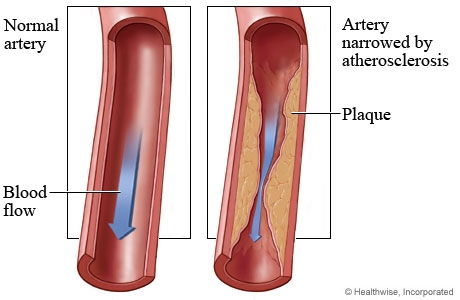It is a fact: almost half of all death and disability in developed countries is caused by heart disease and stroke. And it is atherosclerosis — the hardening of arteries with plaque buildup — that is at the root of the problem.
The world's largest forum for new research on the topic, the International Symposium on Atherosclerosis (ISA), held its 15th triennial meeting in Boston, June 14 to 18. Organized under the auspices of the International Atherosclerosis Society and co-hosted by Weill Cornell Medical College and the Boston Atherosclerosis Society, the international symposium — the first held in the U.S. in 30 years — featured more than 1,500 scientific presentations and posters sessions, with invited speakers representing 25 countries and five continents, including Dr. Antonio M. Gotto Jr., dean of Weill Cornell Medical College.

"Recent years have seen important advances in the diagnosis, treatment and prevention of atherosclerosis," said Dean Gotto, who served as the symposium co-president and spoke at a satellite symposium June 19 at the Marriott Marquis in New York City. "The International Symposium on Atherosclerosis is a unique opportunity for the world's top experts in this field to gather and share their latest research findings with the aim of reducing the impact of this disease."
A leading authority on statins for the prevention and treatment of atherosclerosis, Dr. Gotto chaired a plenary session on inhibitors of cholesterol synthesis and absorption, as well as a clinical symposium on new developments in statin therapy.
During his remarks, Dr. Gotto summarized the linear relationship between LDL (the so-called "bad cholesterol") levels and coronary heart disease risk, and how reductions in LDL translate into reduced risk of cardiovascular disease. He also discussed the recent results from the JUPITER trial, which suggest that lowering both LDL and C-reactive protein levels would confer the greatest benefit.
"The relationship between CRP and atherosclerosis is very controversial now, particularly after the JUPITER results," Dean Gotto said. "It may be that there should be dual targets for statin therapy, but current guidelines do not support this yet. It is unclear whether CRP plays a causal role in atherosclerosis or whether it is simply a marker of the inflammation that accompanies atherosclerosis."

